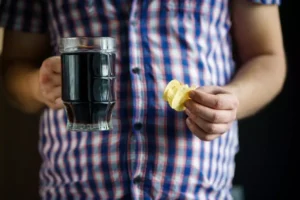
When you drink alcohol, those inhibitions are lifted, and if you’re feeling angry, you’re more likely to express it and do so in an exaggerated way. Baseline characteristics can contribute to why some drinkers become angry, aggressive, or mean when they drink alcohol. Rachel Winograd, Ph.D. of the University of Missouri has looked into sober characteristics. A person who is unpleasant when sober may match unpleasant behavior when intoxicated. Alcohol may intensify aspects of an individuals’ existing personality.
Sober Characteristics
But in real life, a person who loses control of their emotions when they drink is anything but entertaining. People spend years in therapy and in treatment for issues of their own that are caused by the consequences of this behavior. Interestingly, those in the control why are alcoholics angry group tended to misidentify expressions as happy.
Aggression?
- Contact us today to start your journey toward a healthier, more balanced life free from the destructive influence of alcohol.
- Simply said, the researchers believe that the dampening effects on the prefrontal cortex contribute to why intoxicated players become more biased toward hostile cues and care less about social etiquette.
- It’s common knowledge that alcohol can significantly influence our emotions.
- This personality type often overestimates their abilities and underestimates potential dangers.
- Alcohol affects the brain by altering levels of neurotransmitters – the chemical messengers transmitting signals around the body.
- Alcoholic rage syndrome refers to a pattern of intense anger and aggression triggered by alcohol consumption.
Some people get playfully rowdy while others get cruelly aggressive. It may seem like the agitator’s fault for being a mean drunk or acting out, but research is proving that individuals are biologically wired to become argumentative and unfair when they drink alcohol. Through this analysis, we can begin to understand how a person can change from sweet to sour with just a few drinks in their system. The study concluded that alcohol increased the odds of physical aggression in those men who had high trait anger and poor anger management skills. It also noted that sexual aggression was higher with alcohol, even in men with low trait anger and reasonable anger management skills.
Acceptance and Commitment Therapy (ACT):
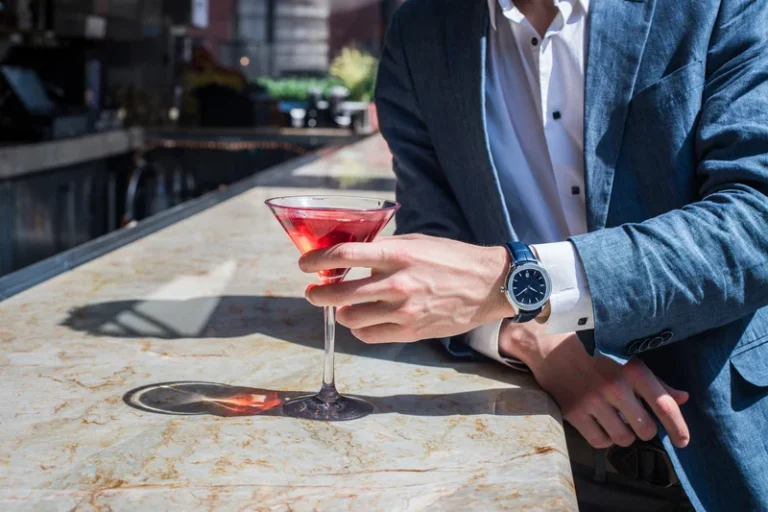
MRI evidence now connects aggression with alcohol-induced changes in the prefrontal cortex. Intoxicated players showed a significant dip in their MRI brain activity, specifically in their prefrontal cortex, compared to sober players when making an aggressive response. In particular, participants who drank alcohol showed lower activity in regions known as the dorsomedial and dorsolateral prefrontal cortices, which are related to working memory and inhibition. The results were impressive and in line with what Bushman predicted. Participants who were classified as short-sighted, were more likely to aggressively retaliate, especially when they were drunk.
- Mental rigidity and alcohol consumption have been explored as contributing to domestic violence.
- While these responses are beneficial in short-term scenarios, chronic or unexplained anger can take a toll on your mental and physical health.
- The Ohana Addiction Treatment Center focuses on healing the individual and helping our clients mend their relationships.
- Your treatment will depend on the role alcohol plays in your life and how present anger is during your everyday lived experience.
- If one participant performed better than the other, the winner would deliver an electric shock to the loser.
- But entering treatment is the best way to show the people you’ve harmed with your anger that you’ve made a commitment to change.
Step Recovery Focus
From intensive outpatient programmes to cognitive behavioural therapy and https://ecosoberhouse.com/ support groups, our addiction experts can help you find the most suitable treatment to address both your addiction and anger issues. When you drink excessive amounts of alcohol, it becomes harder to process information, think clearly, and make rational decisions. This can lead to distorted perceptions, and enhance feelings of frustration – increasing the risk of irritability, anger and aggression.
- They may engage in dangerous activities like drunk driving, unprotected sex, or dares that put their safety at risk.
- While some people might get giddy or relaxed after a few drinks, others may find their anger thresholds significantly lowered.
- At the onset, one might feel denial regarding their reliance on alcohol and even enthusiasm in anticipation of drinking.
- By seeking treatment and adopting healthy coping strategies, you can break free from the cycle of alcohol addiction and reclaim control over your life.
- An alcoholic, when intoxicated, will often feel a sense of grandiosity and entitlement, as if they are better than everybody else.
- Openness to experience might increase for some, leading to more creative or adventurous behavior.
Happy drunks become increasingly cheerful and sociable as they consume alcohol. They often laugh more, tell jokes, and engage enthusiastically with others. This type tends to be the life of the party, spreading positive energy. Alcohol affects people differently, leading to various drunk personality types. These can range from jubilant and affectionate to aggressive or reckless. Maintaining a healthy lifestyle by eating balanced meals, staying hydrated, exercising regularly, and prioritizing sleep can help stabilize your mood.

Mood stabilizers might also help if you have underlying mental health conditions like PTSD or anxiety. Psychological factors like stress, anxiety, or underlying emotional problems can also be risk what is alcoholism factors. When these issues combine with alcohol use, you may find it harder to regulate your emotions and react aggressively.
Why Am I an Angry Drunk?
Mr. Hyde drunks may become confrontational, argumentative, or even violent. Their behavior often contrasts sharply with their sober personality, leading to strained relationships and potential legal troubles. Alcohol affects individuals differently, leading to distinct behavioral patterns when intoxicated. Three well-known drunk personality types have gained recognition for their unique characteristics.
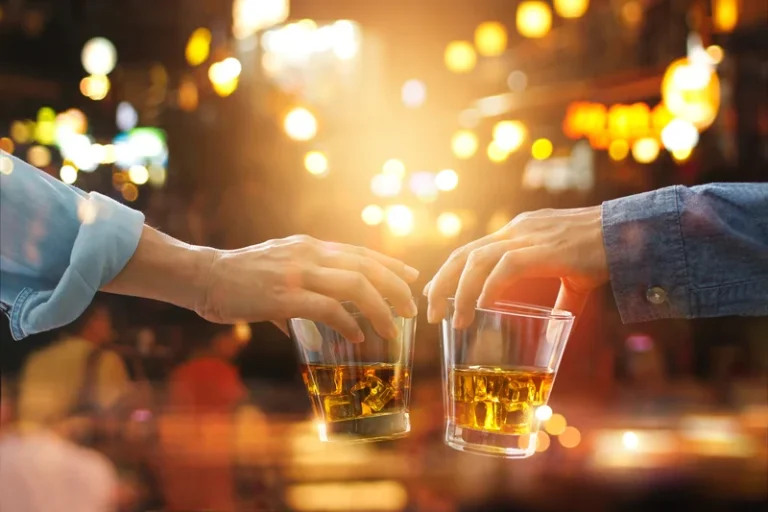
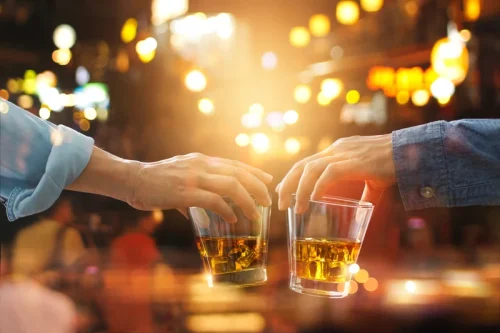
At Boardwalk Recovery Center, we understand that every individual handles alcohol differently and we approach our treatment and care with that in mind. The research separated those who are more likely to become aggressive when intoxicated and those without the key trait who do not show increased belligerence. By being aware of their increased risk for aggression, people are better equipped to plan and prevent any angry, aggressive, or mean behavior sparked by alcohol ingestion. Identifying and acknowledging this trait has the potential to save a lot of heartache, disturbances, and grievances after a night of drinking. One study found that chronic alcohol use decreases the function in the prefrontal cortex, which plays a key role in impulse control. Drinking cocktails that include energy drinks should be considered a possible factor for aggressive behavior as well.
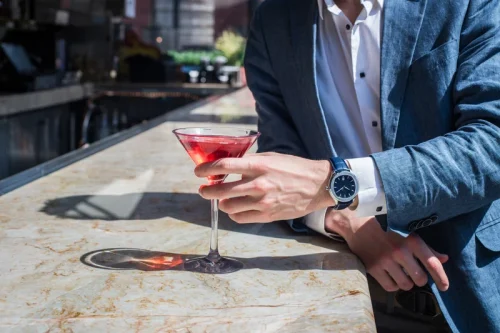
- When people drink alcohol, their behavior can change, leading to anger in some cases.
- On the other hand, a happy drunk typically radiates positivity; they are often seen laughing excessively, engaging in friendly conversation, or dancing without inhibition.
- Alcoholism is a chronic disease characterized by an uncontrollable, compulsive need to drink.
- In particular, “alcoholic rage syndrome” seems to be linked to antisocial personality disorder (ASPD).
- People who tend to ignore tomorrow’s consequences may be more likely to aggressively act out when they are intoxicated and in a situation that is aggravating to them.
Anger expression may also be confused with aggression or hostility, two consequences of drinking commonly cited in research. Anger can lead to aggression and hostility, but they aren’t the same. Aggression can also be rooted in emotions like fear or competitiveness. Likewise, hostility is an attitude of resentment and unfriendliness that doesn’t require feelings of anger. One way to limit alcohol aggression is to track how much alcohol it takes to before you become someone you don’t want to be and cut yourself off before you become a mean drunk.